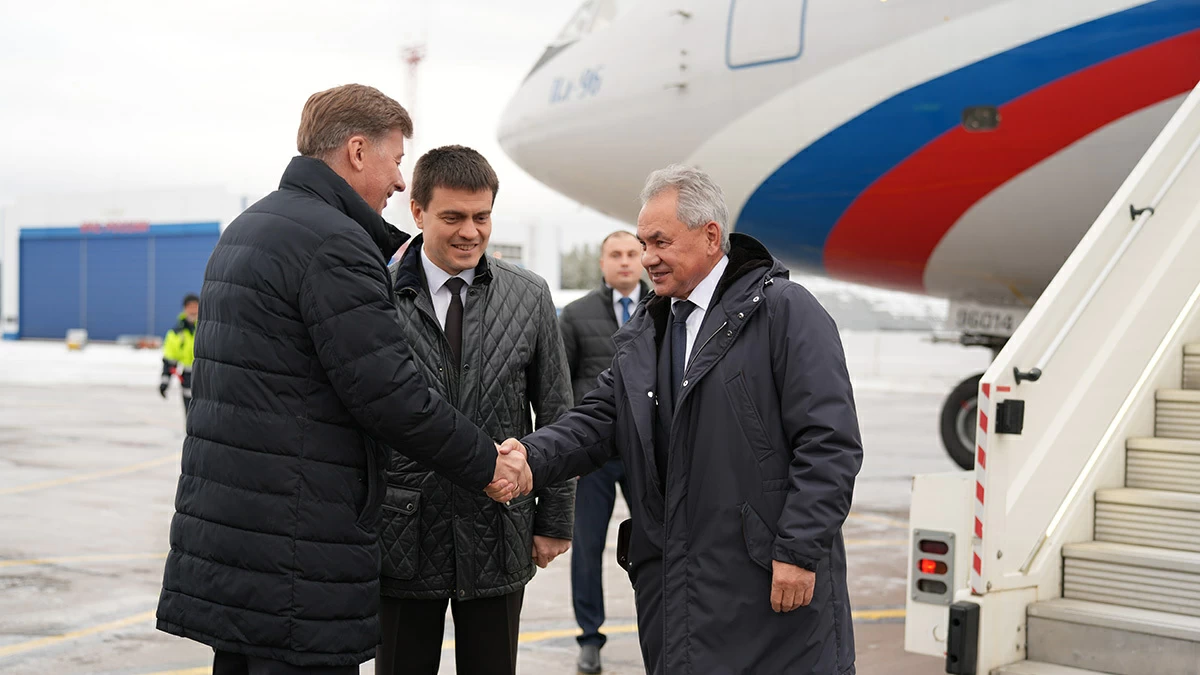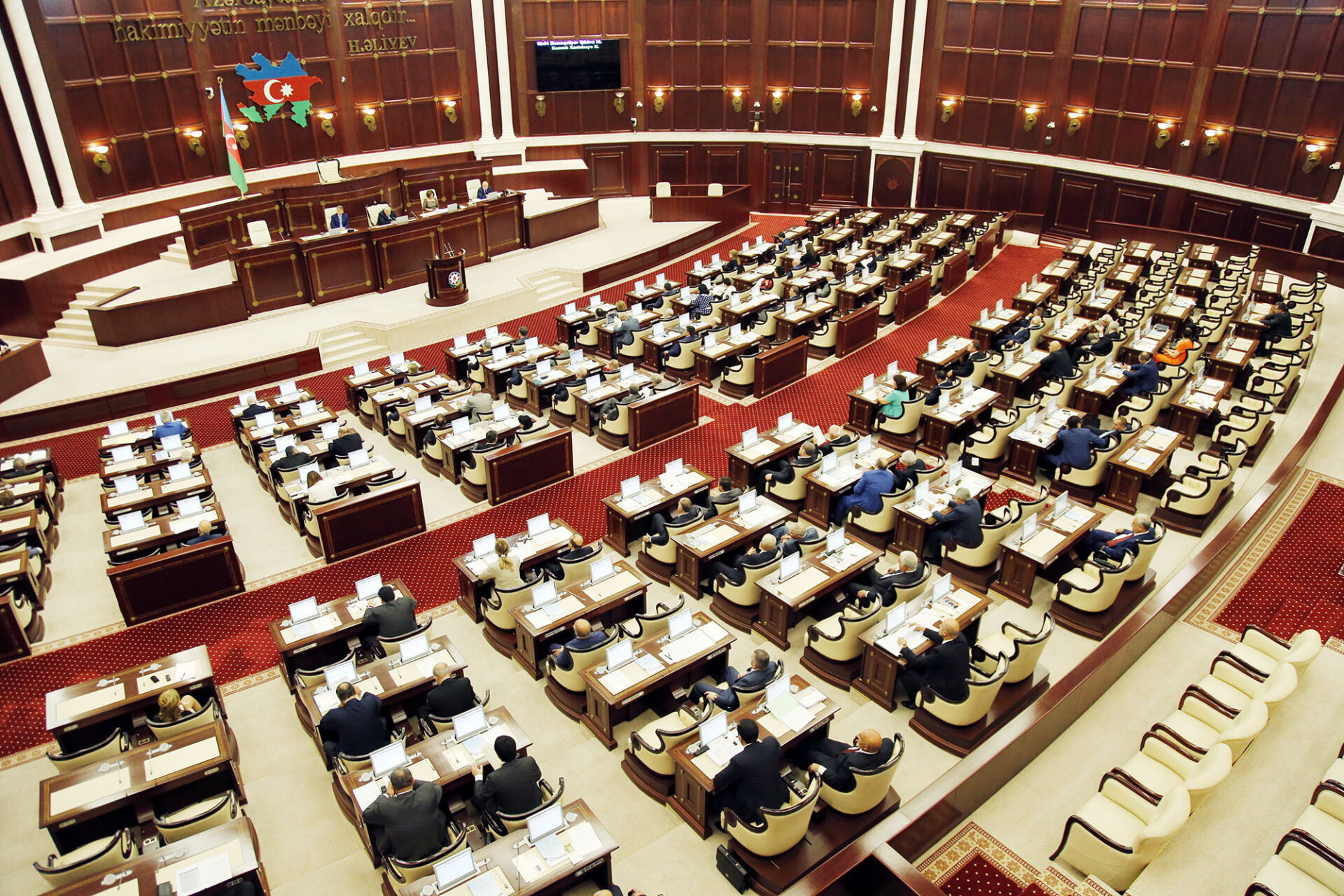PUTIN’S KREMLIN: REINING IN RUSSIA’S REGIONAL LEADERS
PUTIN’S KREMLIN: REINING IN RUSSIA’S REGIONAL LEADERS
….No observer over the past fortnight could accuse Vladimir Putin of vacillation. If anything, the Russian president was hyperactive. What observers disagreed about, however, was precisely where he was taking the country so quickly. But even this did not require finely tuned skills of observation. As Putin said in an interview earlier this year, Russia had always been a supercentralized state and this characteristic was virtually part of its genetic code. Whether his thesis was true, the new head of state seemed bent on proving it. He promulgated a series of decrees and draft laws aimed at curbing the power and prerogatives of Russia’s regional leaders and radically changing federative relations.
Putin issued a decree creating seven new federal districts, each to be overseen by a presidential representative. For anyone–particularly the regional leaders–who missed what he was driving at, his choice of plenipotentiaries left little room for guesswork. Five of the seven new representatives were from the military or security services, including two top commanders from the first and second Chechen wars and deputy Federal Security Service Director Viktor Cherkesov, a veteran Soviet-era dissident-hunter. Furthermore, Putin announced that the seven presidential representatives to the federal districts would sit on the Security Council, the powerful Kremlin advisory body. The federal authorities tightened the screws even further when the Prosecutor General’s Office announced it would set up offices in each of the seven districts. Observers predicted the other law enforcement agencies would follow suit, robbing the regional leaders of their effective control over the federal law enforcement agency branches on their territory. Those branches had been a key source of the regional leaders’ power and had given them a decisive voice in local disputes over money and property.
Putin also introduced draft legislation into the State Duma which, exploiting a loophole in the constitution, would end automatic membership in the Federation Council, the upper chamber of parliament, for the governors and regional legislative assembly heads. This was perhaps the unkindest cut of all, given that Federation Council membership gave the regional chiefs immunity from criminal prosecution–which, rumor has it, a number of them might need at some point. Other Kremlin-sponsored legislation would amend the law to allow the president to fire regional governors and dissolve regional legislatures if they violate federal law. It would also give regional governors analogous powers with respect to the mayors and local legislatures on their territory, but this “concession” was small consolation for the embattled regional heads.
It is probably true that few tears were being shed for the regional governors, many of whom have become notorious for authoritarian practices, corruption and even outright criminality. On the other hand, it would be hard to argue that officialdom at the federal level–including the executive branch and the State Duma–has been a model of good government or democratic practice. Indeed, Putin’s plan could end up substituting “the governors’ arbitrary rule” with “centralized arbitrary rule,” as one Moscow journalist put it. Likewise, a leading liberal newspaper, warning about the distinctly antidemocratic vector of Putin’s overall policy, noted that the regional leaders represented the “single real counter-weight to the authoritarianism of the Center.”


